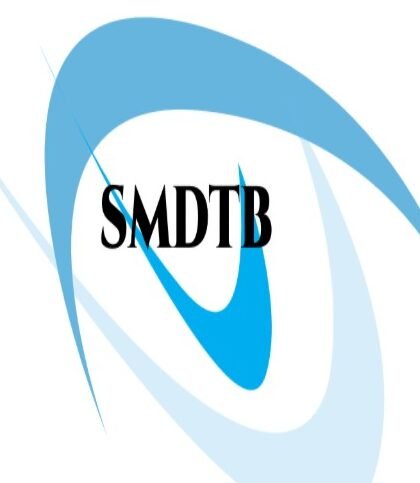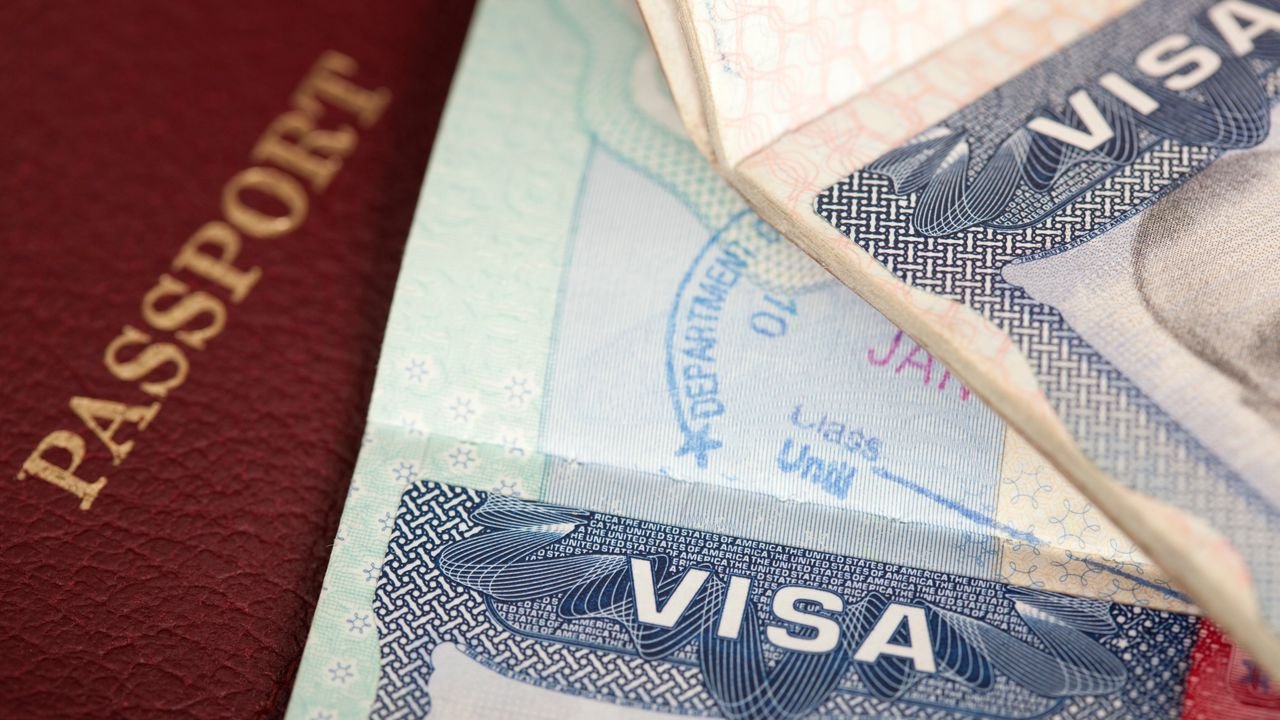Halfway through the year, a new wave of US visa rules is taking shape. Between June and July, authorities have introduced tighter screening for student visa applicants, added a $250 visa fee for travellers from various countries including India, and scaled back the interview waiver programme. These changes, some already in effect, others coming this September and October, point to a broader return to pre-pandemic scrutiny and paperwork. If you’re planning to head west, here are three key US visa updates to know about before you apply.
New social media rules for student visa applications
As of 23 June, 2025, all applicants in the F, M, or J visa categories must set their social media accounts to “public” to allow US consular officers to access and assess their online presence. In addition to this, applicants must list all social media handles or usernames used over the past five years in the DS-160 visa application form. The directive applies to foreign nationals applying for student and exchange visitor visas to the United States, following a sharp escalation in digital vetting norms implemented by US authorities. Consular officers reviewing social media profiles are instructed to flag content that could raise national security concerns or indicate potential inadmissibility. This includes posts or affiliations deemed hostile to the United States, support for extremist or terrorist groups, and violent, antisemitic, or otherwise threatening behaviour. Public posts, comments, likes, and even affiliations with certain online groups may be scrutinised. Applicants are advised not to delete older posts or deactivate accounts immediately before applying, as this could be interpreted as an attempt to conceal information. Maintaining consistent usernames across platforms is also encouraged to avoid confusion or suspicion. Although past use of private accounts may not be penalised, current privacy settings must be public to comply with this requirement. Content that could be perceived as inflammatory or politically charged may complicate the application process, even if it was not originally intended to raise red flags. – Karina Acharya
$250 ‘Visa Integrity Fee’ starting October 2025
As part of the Trump administration’s One Big Beautiful Bill Act that was signed into law on 4 July, a new $250 (Rs21,539) “visa integrity fee” will be charged to any US visitor who needs a nonimmigrant visa, from countries that are not on the US visa waiver list. That means most tourists coming from Africa, Latin America, and South America, as well as select countries in Asia (including India) and the Middle East, will be subject to the new $250 levy. The fees will apply to all student visas, work visas, and other special visas, including: F-1 and F-2 student visas; J-1 and J-2 exchange visas; H1-b and H-4 temporary work visas, and other employment and visitor categories. The $250 payment will be charged in addition to other US visa fees. That means visitors will need to pay it along with any other reciprocity fees, anti-fraud fees, and “machine-readable visa” (MRV) application fees, the amounts of which can vary by visa type. For Indian nationals, this additional fee will bring their average visa costs to approximately $473 (Rs40,785), depending on which visa they are applying for. Those applying for business and tourism (B1 and B2 categories) visitor visas, will be charged a total fee of around $425 (Rs36,690). According to Envoy Global, the Department of Homeland Security may potentially reimburse visitors if they fully comply with the terms of their visa by departing the US promptly when their visa authorisation period ends, extending their nonimmigrant status, or changing their status to lawful permanent resident. The fee is scheduled to go into effect on 1 October, 2025.
Stricter visa interview waivers starting September 2025
Effective 2 September, 2025, the US Department of State will narrow eligibility for skipping in-person interviews for nonimmigrant visas, requiring most applicants to appear before a consular officer. Among a limited set of exemptions—such as certain foreign officials and diplomats—the waiver will apply to tourists renewing a full-validity B-1, B-2, or B1/B2 visa. These include visas for temporary visits to the US for business, tourism, recreation, or medical treatment. Those renewing this category of visa will only be eligible for an interview waiver provided they apply in their country of nationality or residence; have never been refused a visa (unless such refusal was overcome or waived); and have no apparent or potential ineligibility. Despite these guidelines, consular officers can still request an interview on a case-by-case basis, even if you qualify for a waiver on paper. This change is also a part of Trump’s “One Big Beautiful Bill Act” marking a return to stricter, pre-pandemic consular procedures and signalling longer processing times for many international travellers.

